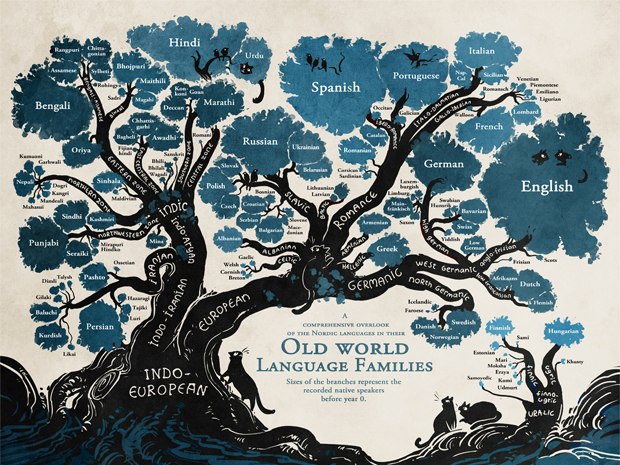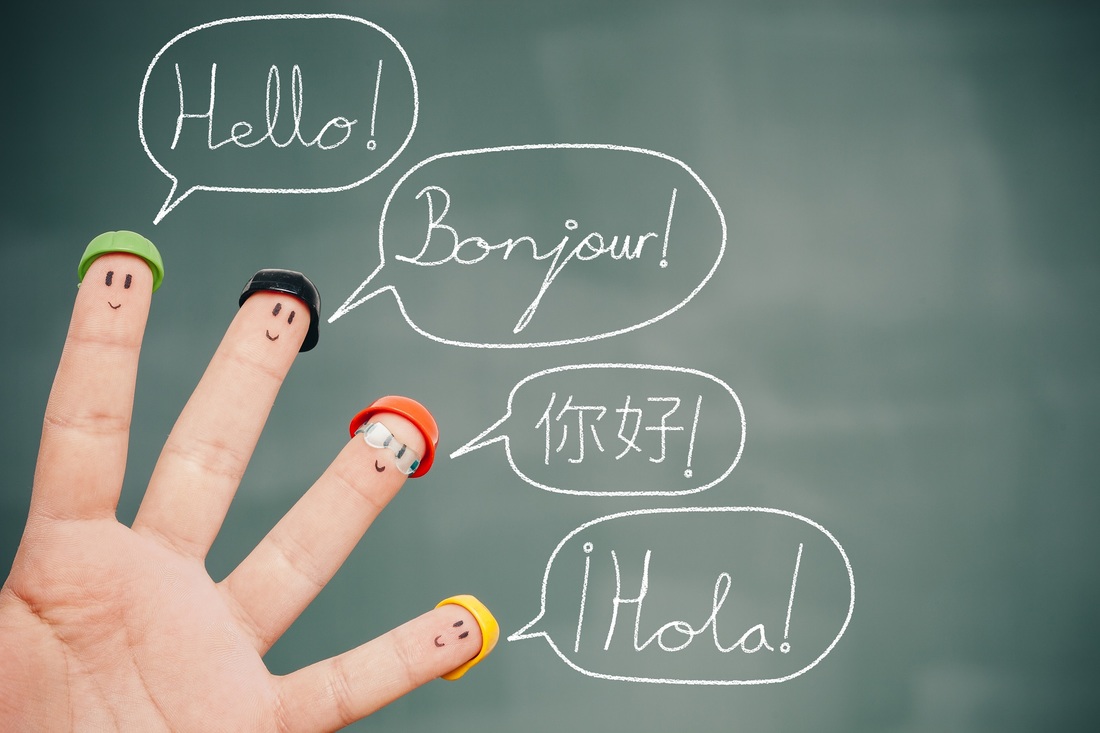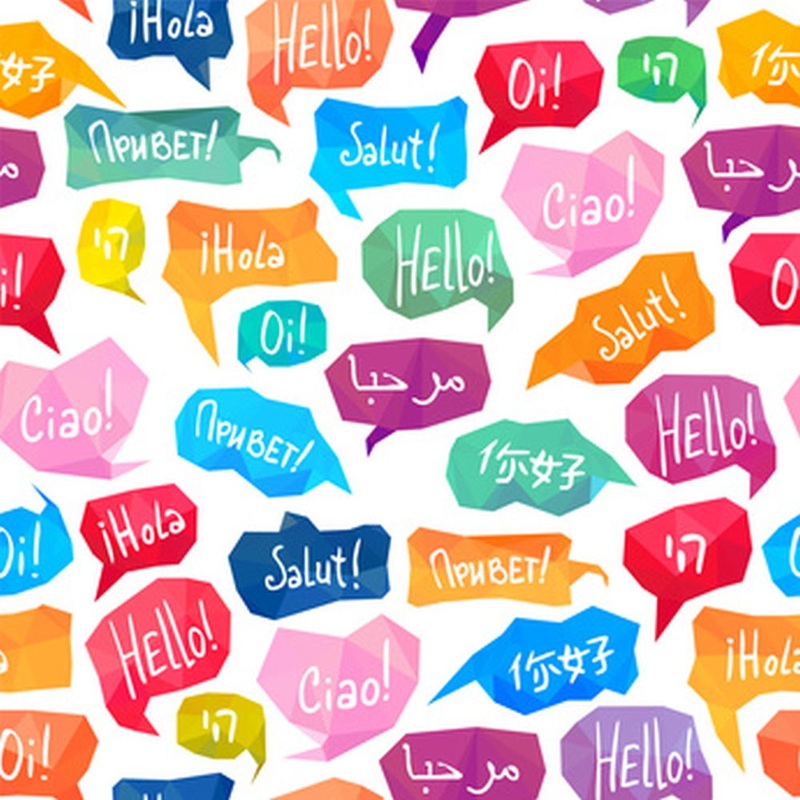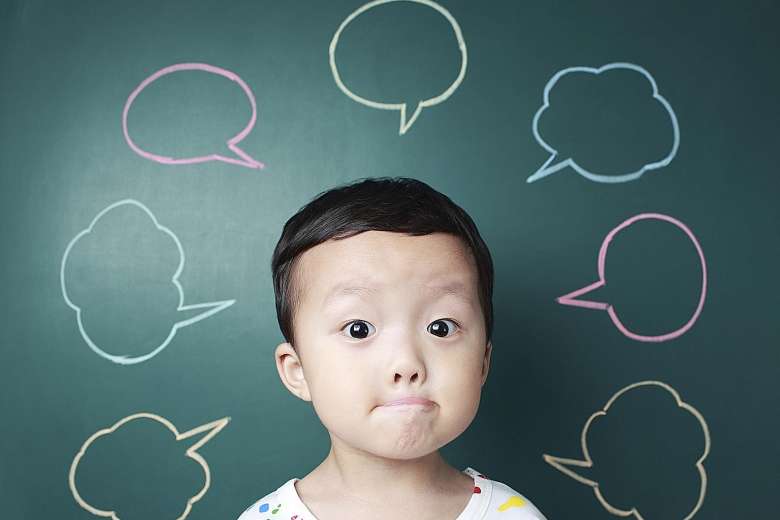Raising the next trilingual generation11/4/2016 Reflections on the Wall Street Journal's article "Raising a trilingual child" soMultilingual education had always been a preoccupation for many parents. In a lot of countries, the language spoken at home is different from the official language in the country they live. I grew up in a "passive" bilingual family. What do I call "passive" bilingual family? My parents would spoke Spanish and we spoke French at home and on the daily life. At a certain point, when I decided to learn Spanish at school, the teacher sometimes asked "how do you know that? I did not teach you that... Well, I passively listen to my parents and caught some Spanish. Years later, after learning Spanish. I learnt Russian and I presume that my "passive" bilingualism helped a lot. Now, I speak fluently Russian and sometimes, I surprise myself when I think in Russian instead of French (my native language). When my husband went for the first time in France, he understood that we need to establish clear rules for our kids. Which languages would speak to our children? Well obviously, French and English. After two years in America, I decided that I will speak with them in French and my husband in Russian. They will pick up easily English since they will live here. You will say what about Spanish? I hope they will learn Spanish as well, but I am still figuring out, what will be the best way to do that. The right time to commit to introducing a second or third language to a child is at birth. Parents need to create an environment where children are comfortable speaking, says Annick De Houwer, professor of language acquisition and multilingualism at the Universitat Erfurt in Erfurt, Germany. Concerning our family, we will see in few years! But what about your family? For those who have already children what is your experience? and for those who are planning on having kids, have you ever thought which languages will you speak with your little ones?
|




